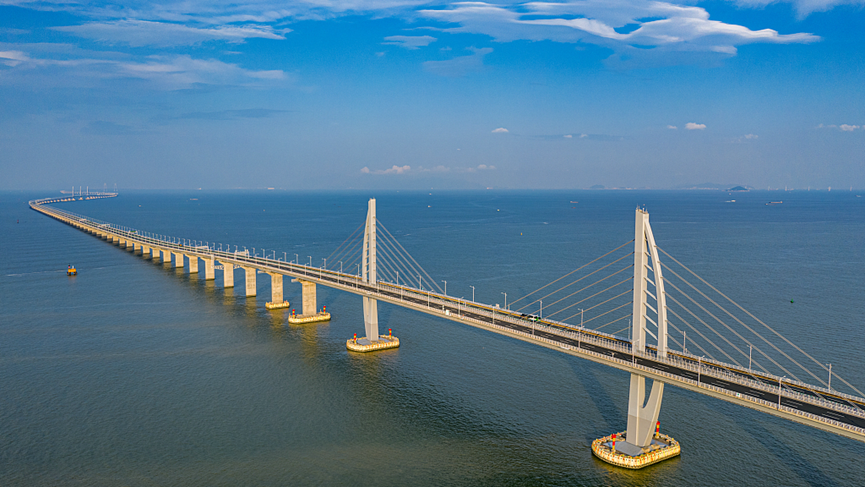01:14

The Macao Special Administrative Region (SAR) is turning 20 soon. As China's former European colony, Macao was ruled by Portugal for over 400 years and was returned to Chinese rule in 1999. On December 20, 1999, the Chinese government resumed practice of sovereignty over Macao, and since that day the constitutional "One Country, Two Systems" policy has been implemented in this region.
The Macao SAR has witnessed an economic wonder in the past 20 years. According to the World Bank, Macao's gross domestic product (GDP) increased almost nine times, from 6.7 billion U.S. dollars in 2000 to 54.6 billion U.S. dollars in 2018, an annual growth rate of over 12 percent. Macao's GDP per capita means that it is the second richest region in the world.
The Guangdong-Hong Kong-Macao Greater Bay Area will create unprecedented opportunities for Macao. According to a blueprint for the Greater Bay Area issued by the State Council early in 2019, Macao is designed to be a global tourism and leisure resort and a business platform for China and Portuguese-speaking countries.
As part of the Guangdong-Hong Kong-Macao Greater Bay Area integrated regional plan, how can Macao leverage its unique advantages to diversify its future development?
In assessing Macao's undeniable accomplishments, China credits its policy of "One Country, Two Systems." How does this fundamental principle of governance work in Macao?
This week, Closer to China presents in-depth interviews to explore Macao's achievements under "One Country, Two Systems."